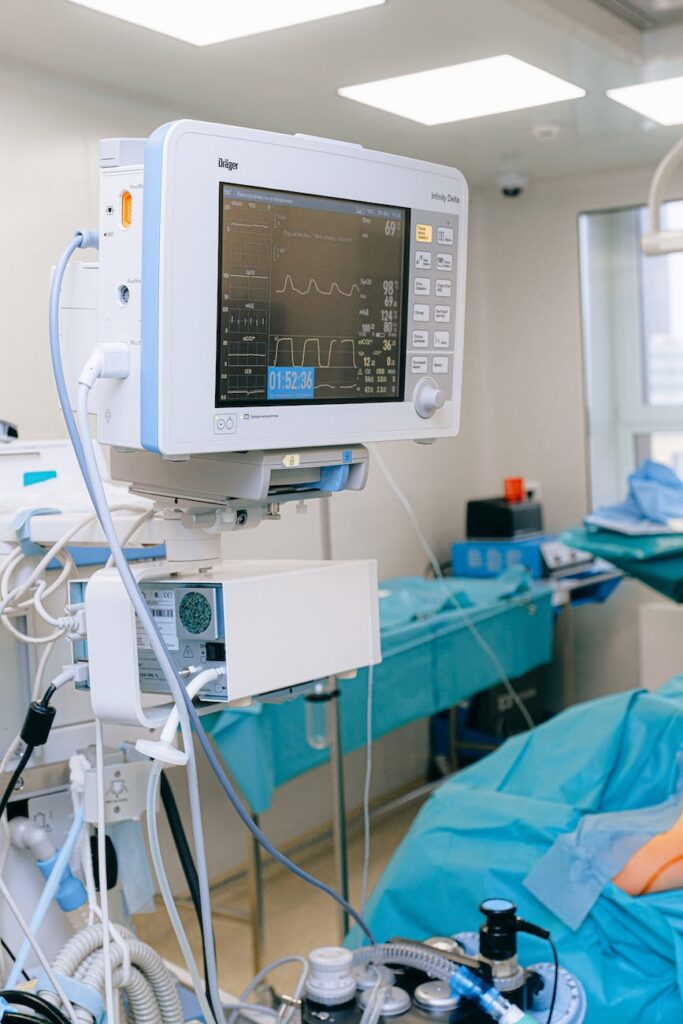
Introduction
While most of the time we’re able to live a normal life, emergencies can happen at any time. Whether it’s a fire, an earthquake or some other kind of natural disaster, you need to be prepared. Say’s Dr Micheal, this means having a stock of supplies and knowing what to do if you have to evacuate your home.
Use a fire extinguisher in any room that has fire or heat.
The fire extinguisher is one of your best tools in the event of a fire. If you see any flames, use it to put out the flames. Don’t worry about getting burned or damaging the room; this is why you have a fire extinguisher!
Also, never hesitate to use an extinguisher on small grease fires. These can spread quickly, so take care of them right away by spraying them with a blast from your handy CO2 canister or dry chemical extinguisher (often referred to as ABC).
Finally, if you think there might be an electrical problem and are unsure whether or not it’s safe to use an extinguisher near live wires—call emergency services immediately!
Learn CPR and give first aid training.
You don’t have to be a medical professional to know how to save lives. You can learn CPR and first aid, and you should. Here are some important things to know:
- Learn CPR (cardiopulmonary resuscitation)
- Know how to call 911
- Teach your children these skills, too
Consider setting up an emergency supply kit as soon as you move in.
As soon as you move into your new home, consider setting up an emergency supply kit. The items you choose will depend on the type of emergency you will most likely encounter. For example, if you live in earthquake country, add duct tape and a flashlight with extra batteries. If you live near water or in hurricane territory, include a radio and extra batteries for it as well.
You may already have some of these items around the house now, but this is a great time to make sure all your bases are covered:
Store medications in a secure place.
Store medications in a secure place.
- Store medications in a secure place, such as a locked cabinet, drawer or room that is accessible only to adults.
- Keep medications out of reach of children.
- Keep all medicines away from heat and moisture; they can be damaged by these sources.
Understand the procedures for moving your family if you have to evacuate.
- Understand the procedures for moving your family if you have to evacuate.
- Have a plan for pets.
- Know the emergency phone numbers in case of fire or medical emergencies: 911 or 9-1-1 (US and Canada), 999 or 112 (UK), 112 (Europe).
Conclusion
If you’re in a situation where you have to evacuate and your family is not with you, make sure that they know where to meet up. You should also have an emergency plan for if there is an earthquake or another natural disaster. It’s important to stay informed about what to do before these scenarios happen so that everyone knows what their role is when they do occur. In conclusion, always be prepared!